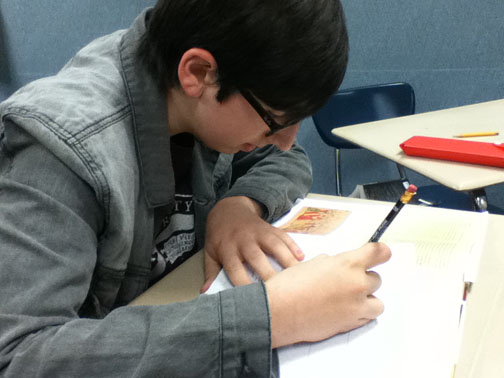
The school board recently received results from an evaluation of world language and social studies programs in the Carmel Clay school district conducted by teachers in the district. According to school board president Layla Spanenberg, all areas of curricula in the district go through a six-year cycle for evaluations. This most recent program evaluation yielded many recommendations for changes in world language and social studies programs which the district will look to address.
According to Spanenberg, the evaluation committee suggested that middle school student should take a world language course throughout the whole year in eighth grade rather than every other quarter throughout all three years of middle school as they do currently. In addition, sixth graders would participate in a program to explore various world languages rather than a particular one. Spanenberg said “it was not surprising” that the committee made these suggestions because the evaluators found students had difficulty retaining information when they didn’t have world language courses on a regular basis.
“Basic research tells us that regular exposure to a foreign language is far more superior in language acquisition than an every-other-quarter process” Spanenberg said. “I’m glad to see (these suggestions) come out.”
With regards to the social studies programs, Spanenberg mentioned that the committee stressed that history is “not just learning facts.” In order to provide more of an analysis of historical topics, the committee suggested incorporating Socratic seminars into classroom activities. Spanenberg said she believes implementing such measures will better prepare students for AP courses and collegiate-level courses.
Matthew Simons, AP European History student and sophomore, said he likes the idea of having Socratic seminars in social studies classes.
“The value with AP European History is that there’s much more analysis and it’s not just regurgitating information like AP World (History). There’s a thought process behind it where you have to think about situations and connect them together and relate them with other events,” Simons said. “I think Socratic seminars can be really good in that there’s a lot of discussion and you can actually brainstorm new ideas.”















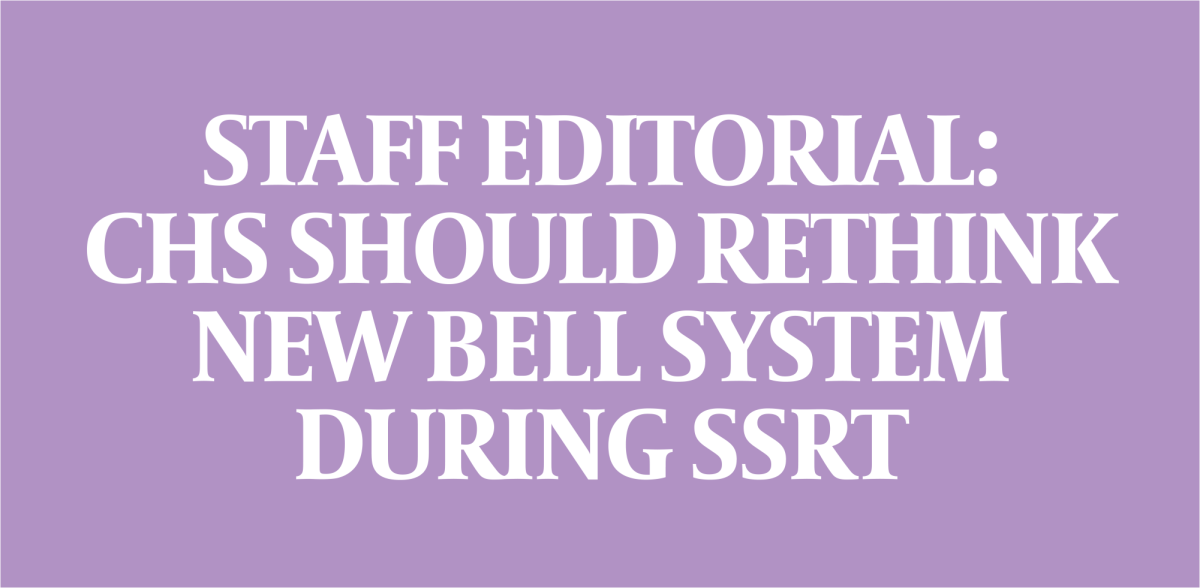
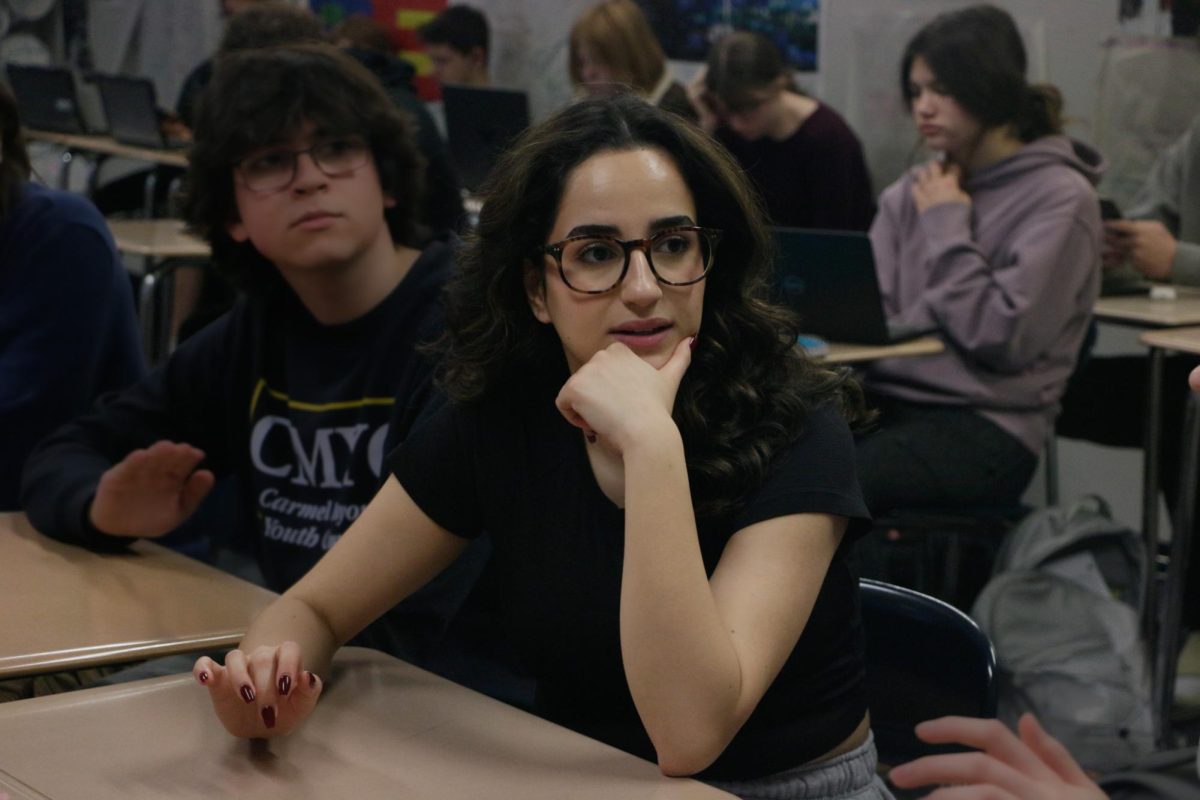

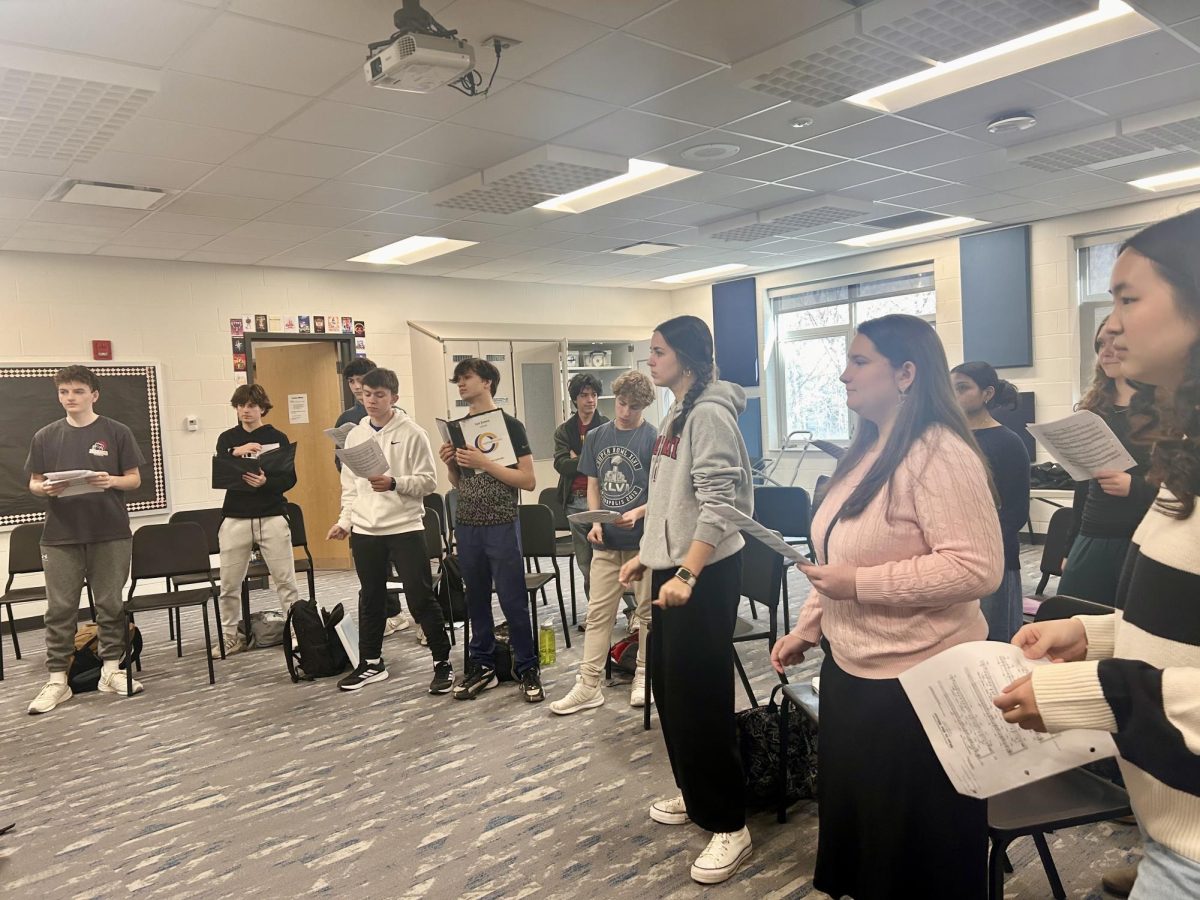

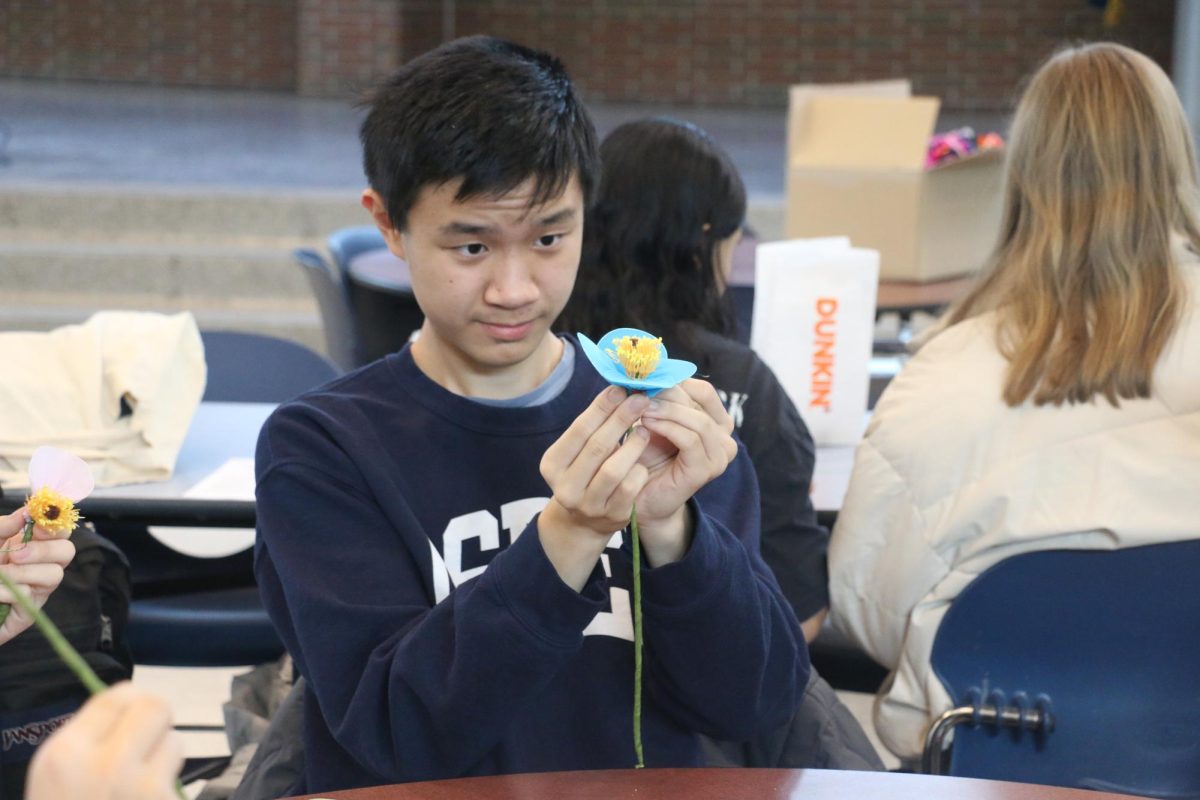




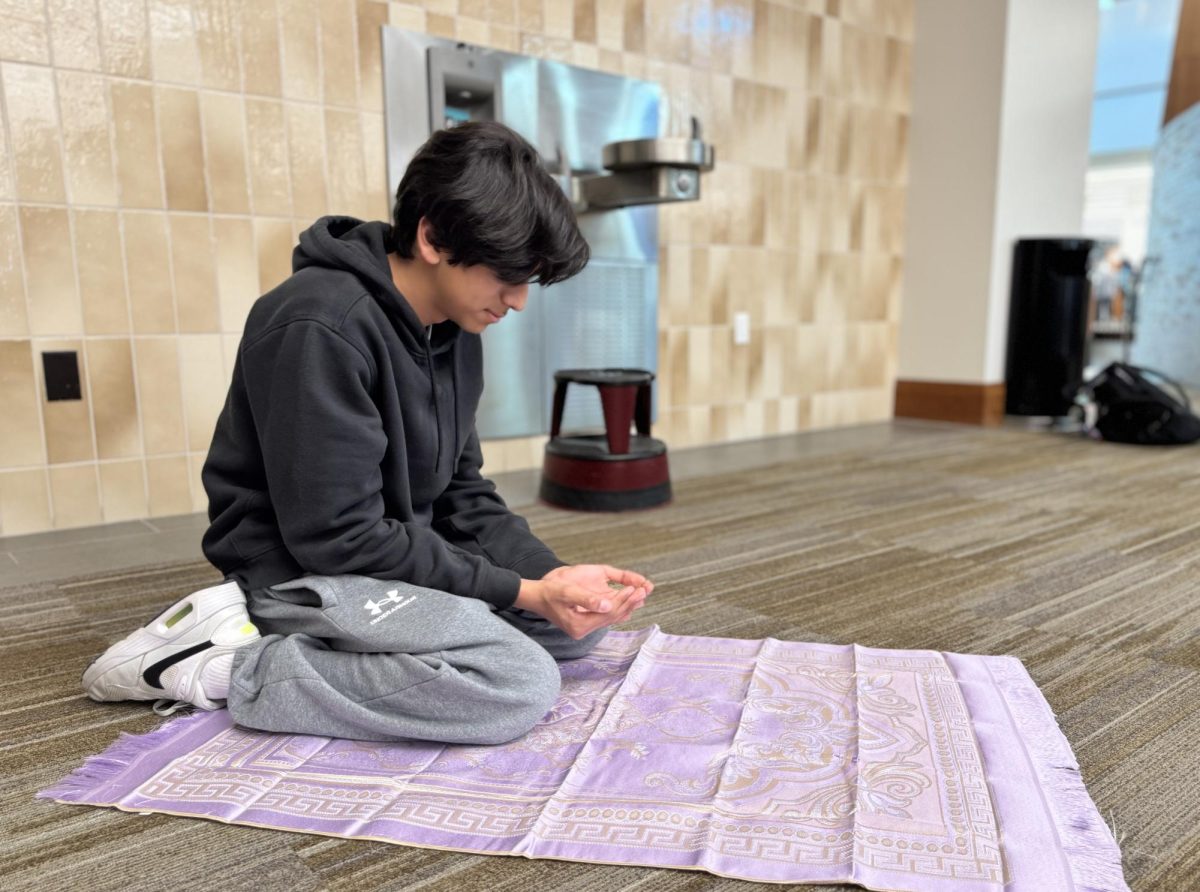





![AI in films like "The Brutalist" is convenient, but shouldn’t take priority [opinion]](https://hilite.org/wp-content/uploads/2025/02/catherine-cover-1200x471.jpg)


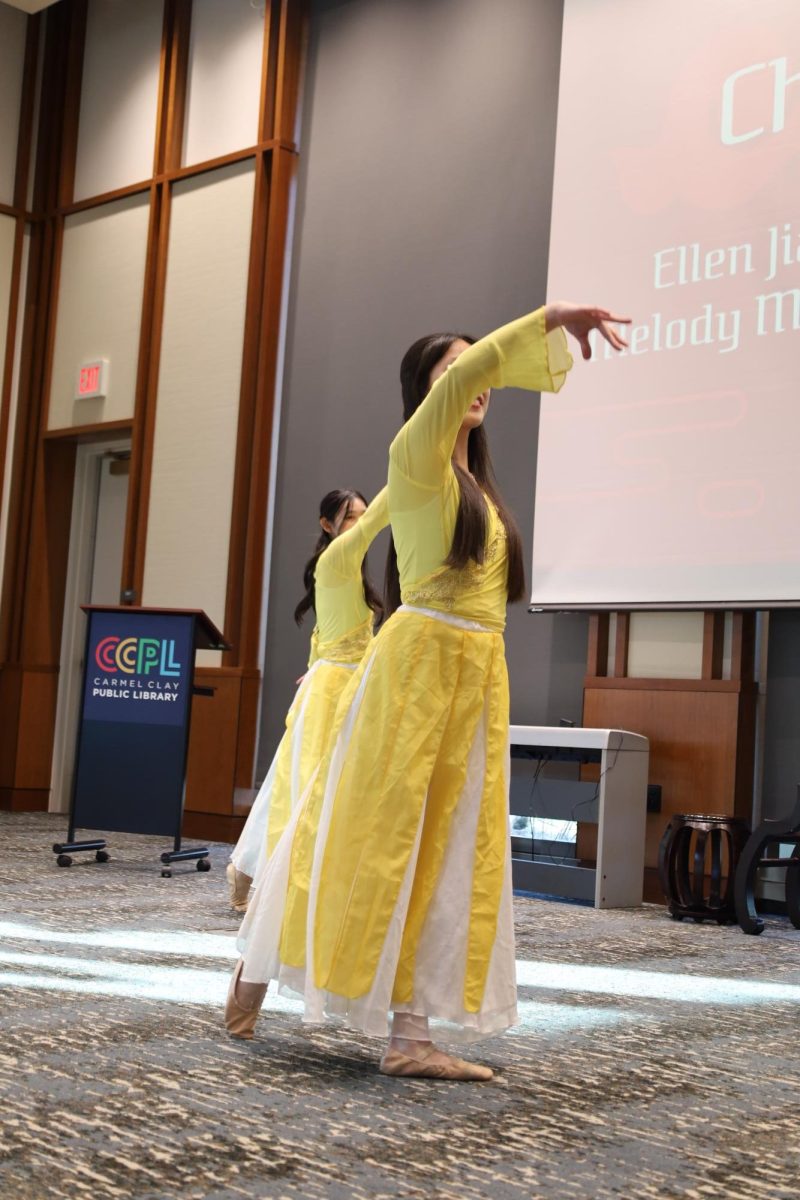










































![Review: “The Immortal Soul Salvage Yard:” A criminally underrated poetry collection [MUSE]](https://hilite.org/wp-content/uploads/2025/03/71cju6TvqmL._AC_UF10001000_QL80_.jpg)
![Review: "Dog Man" is Unapologetically Chaotic [MUSE]](https://hilite.org/wp-content/uploads/2025/03/dogman-1200x700.jpg)
![Review: "Ne Zha 2": The WeChat family reunion I didn’t know I needed [MUSE]](https://hilite.org/wp-content/uploads/2025/03/unnamed-4.png)
![Review in Print: Maripaz Villar brings a delightfully unique style to the world of WEBTOON [MUSE]](https://hilite.org/wp-content/uploads/2023/12/maripazcover-1200x960.jpg)
![Review: “The Sword of Kaigen” is a masterpiece [MUSE]](https://hilite.org/wp-content/uploads/2023/11/Screenshot-2023-11-26-201051.png)
![Review: Gateron Oil Kings, great linear switches, okay price [MUSE]](https://hilite.org/wp-content/uploads/2023/11/Screenshot-2023-11-26-200553.png)
![Review: “A Haunting in Venice” is a significant improvement from other Agatha Christie adaptations [MUSE]](https://hilite.org/wp-content/uploads/2023/11/e7ee2938a6d422669771bce6d8088521.jpg)
![Review: A Thanksgiving story from elementary school, still just as interesting [MUSE]](https://hilite.org/wp-content/uploads/2023/11/Screenshot-2023-11-26-195514-987x1200.png)
![Review: "When I Fly Towards You", cute, uplifting youth drama [MUSE]](https://hilite.org/wp-content/uploads/2023/09/When-I-Fly-Towards-You-Chinese-drama.png)
![Postcards from Muse: Hawaii Travel Diary [MUSE]](https://hilite.org/wp-content/uploads/2023/09/My-project-1-1200x1200.jpg)
![Review: "Ladybug & Cat Noir: The Movie," departure from original show [MUSE]](https://hilite.org/wp-content/uploads/2023/09/Ladybug__Cat_Noir_-_The_Movie_poster.jpg)
![Review in Print: "Hidden Love" is the cute, uplifting drama everyone needs [MUSE]](https://hilite.org/wp-content/uploads/2023/09/hiddenlovecover-e1693597208225-1030x1200.png)
![Review in Print: "Heartstopper" is the heartwarming queer romance we all need [MUSE]](https://hilite.org/wp-content/uploads/2023/08/museheartstoppercover-1200x654.png)


